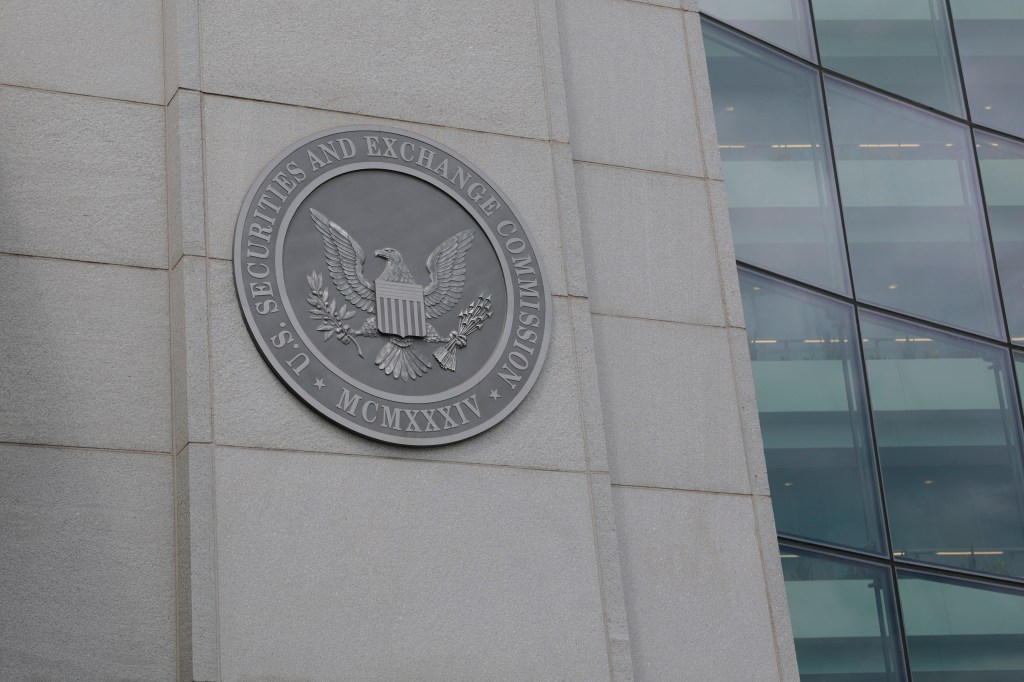In a major development this month, the FCA announced the banning of former Credit Suisse vice president Detelina Subeva from the UK financial services industry following a US criminal conviction.
According to an FCA press release: “Ms Subeva is the third former Credit Suisse employee banned for lacking integrity, following
Register for free to keep reading
To continue reading this article and unlock full access to GRIP, register now. You’ll enjoy free access to all content until our subscription service launches in early 2026.
- Unlimited access to industry insights
- Stay on top of key rules and regulatory changes with our Rules Navigator
- Ad-free experience with no distractions
- Regular podcasts from trusted external experts
- Fresh compliance and regulatory content every day












